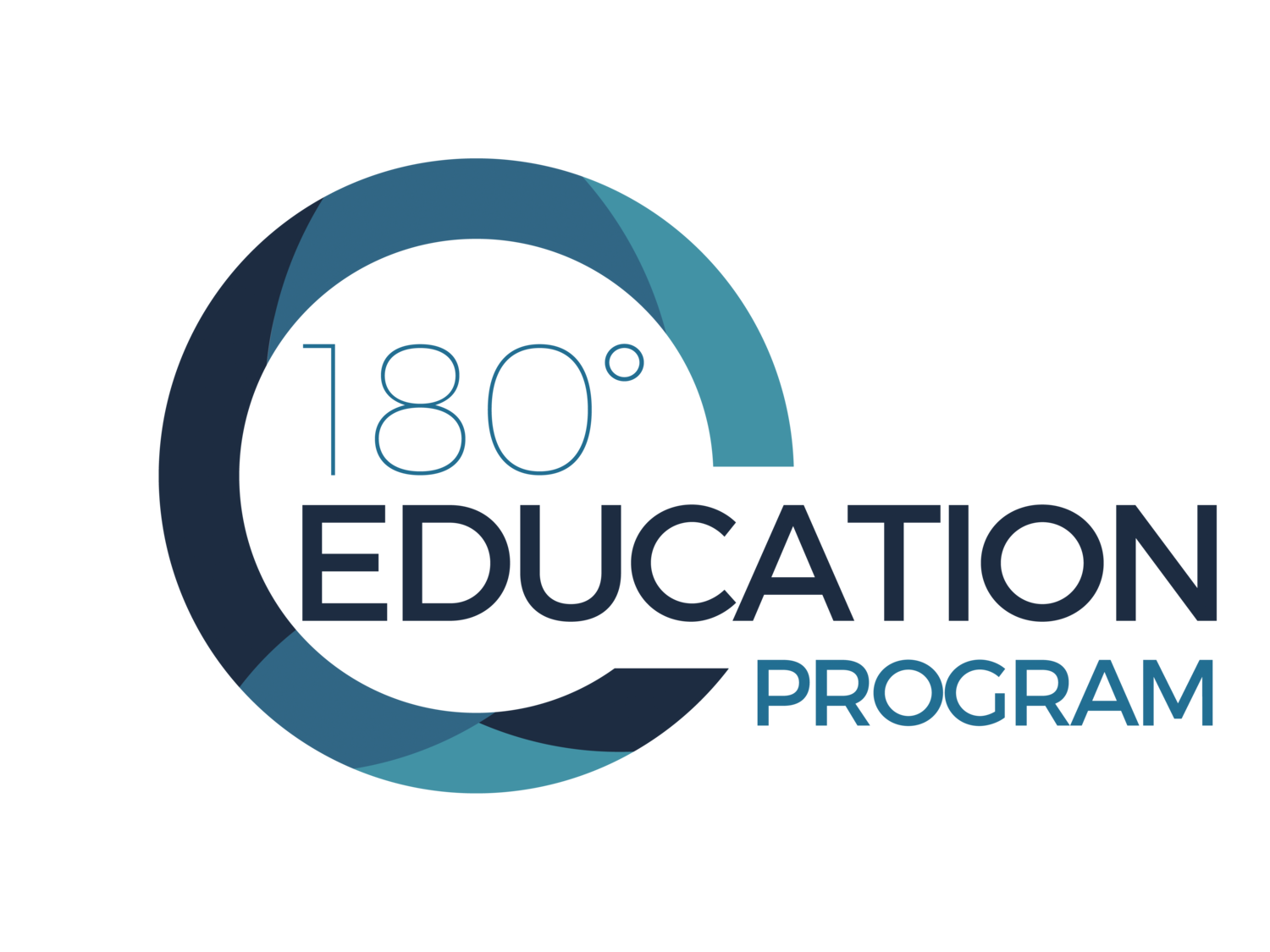Healthy Relationships
You deserve to be in a healthy relationship where you are treated with love and respect.
Start your journey of healing today.
-
Emily's Place | (972) 424-7775 | info@emilysplacetx.org
Genesis Women's Shelter | (213) 945-4357 | genesisshelter.org
National Sexual Assault Hotline | (800) 656-4673 (HOPE)
-
Real Options | FREE Pregnancy Clinic | Allen, TX | (972) 424-HELP |
True Options | FREE Pregnancy Clinic | Sherman, TX | (903) 893-9099 |
Abortion Pill Reversal | Real Options | (877) 558-0333 | abortionpillreversal.com |
If you have taken the first abortion pill, it may not be too late to save your pregnancy.
-
Don't let your physical health limit you from achieving your hopes and dreams. Take the first step towards freedom today.
Addiction Recovery:
American Addiction Center | (866) 303-0390 | americanaddictioncenters.org
Teen Life Challenge- Dallas | (214) 824-6181 | teenchallengedallas.org | Faith-based program to help men find freedom from addictions and other life-controlling issues.
Teen Life Challenge- Fort Worth | (817) 336-8191 | fortworthteenchallenge.org | Faith-based program to help women find freedom from addictions and other life-controlling issues.
Arise Recovery Center | McKinney, TX | (888) 339-2747 | Alcohol & Drug Rehab
Fight The New Drug | fightthenewdrug.org | Informing website regarding pornography by raising awareness on its harmful effects using science, facts, & personal accounts.
Food Assistance | (866) 3-HUNGRY or text (914) 342-7744
Domestic Violence Helpline | (800) 799-7233 or text "START" to 88788
Living Hope Crisis Center | (972) 502-9420 | livehope.org | 5060 Collin McKinney Pkwy, McKinney, TX 75070 | Faith-based support for identity & relationship inquires.
Ranch Hand Rescue | (940) 240-0050 | ranchhandsrescure.org | Male survivors of sex-trafficking & exploitation.
NCMEC Hotline | (800) 843-6578 | missingkids.org/home | Combats sexual exploitation/reports missing children.
New Friends New Life | (214) 965-0935 | newfriendsnewlife.org | Females who have experienced or are at risk of exploitation/trafficking.
-
Your mental health should be just as much of a priority as your physical health. Seek caring support today.
Teen Youth Hotline | (800) 989-6884 | dfps.texas.gov/youth-helpline/ | Confidential services for a crisis; no judgment, just listen/guidance.
Suicide Lifeline | text "TALK" to 741741
Don’t wait to reach out
If something is wrong, you’ll never get in trouble for reaching out.
Use our resources or find others that can help you in your situation.


